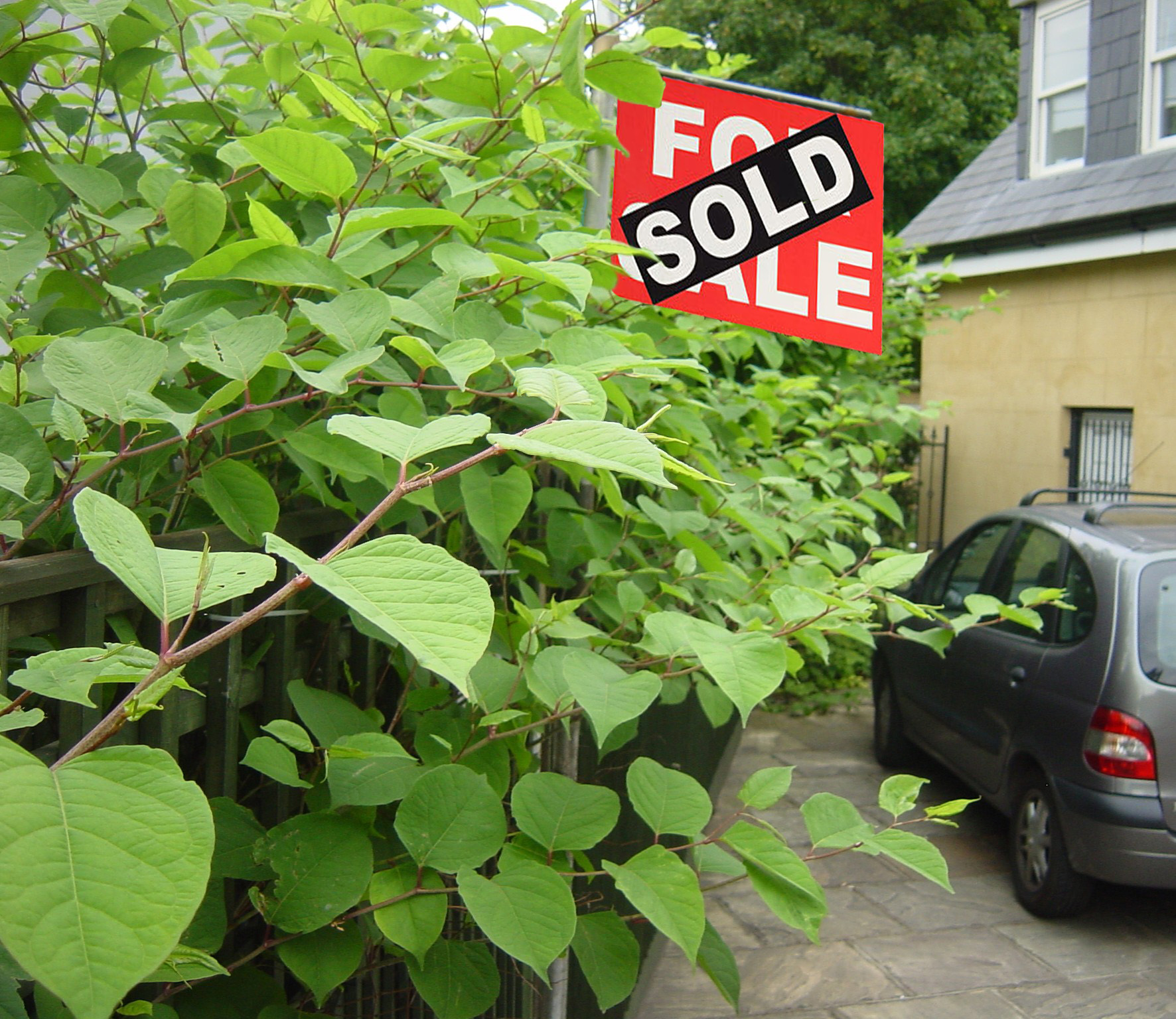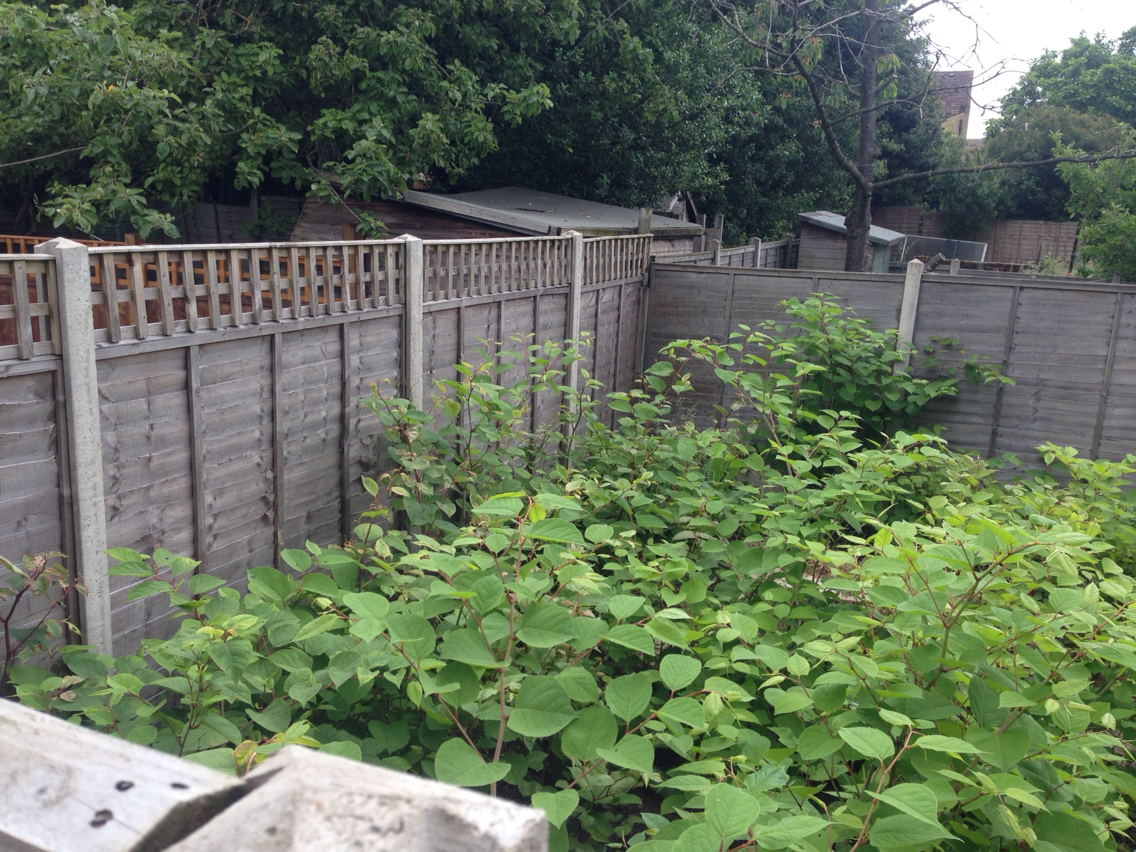SPECIAL FEATURE: Protecting buyers and sellers from Japanese knotweed risk – Environet
SPECIAL FEATURE: Environet has written a special feature article that looks into protecting buyers and sellers from Japanese knotweed risk.
Japanese knotweed now affects around 5% of UK residential properties, either directly or indirectly – in other words, neighbouring an affected property. That’s about a million homes and 1 in every 20 property transactions, so it’s safe to say knotweed is far from a peripheral issue for conveyancers.
Our online Japanese knotweed heatmap, Exposed, which is populated with more than 50,000 known infestations, shows how the invasive plant is now present in almost every part of the UK, with notable hotspots in London, Bristol, South Wales, Bolton, Birmingham and Liverpool.
The rules around buying and selling property with knotweed
It’s not illegal to have knotweed growing on your land and, despite its fearsome reputation, it’s not a notifiable plant, so homeowners aren’t legally required to declare it to the authorities. Aside from the damage it will do to your property and garden, problems arise when homeowners allow it to spread to neighbouring properties through their own inaction – or when they come to sell.
All sellers of residential property are asked a direct question about whether their home is affected by knotweed when completing the standard TA6 Property Information Form. Since The Law Society changed its guidance in 2020, sellers are now required to be sure there is no knotweed present, including rhizome beneath the ground and within 3 metres of the boundary, in order to declare their property knotweed-free.
If a seller states their property is not affected but knotweed later grows, the buyer could sue them for ‘misrepresentation’. In legal cases, experts can usually determine without too much difficulty approximately how long knotweed has been present in the ground and whether attempts have been made to treat it in the past, making it difficult for sellers to claim ignorance.
Honesty is the best policy
Earlier this year, a homeowner in Raynes Park, London, who found Japanese knotweed behind the garden shed after he moved into his £700,000 property, successfully sued the seller for £230,000 in costs and damages. The seller, who had answered “No’ to the knotweed question on the TA6 form, claimed in court that he wasn’t aware of the knotweed infestation and ‘reasonably believed’ he was telling the truth when he did so, but the judge determined that he had made a misrepresentation and was responsible for the diminution in the property’s value (almost 5%, or £32,000) and legal fees of approximately £200,000. An extremely expensive mistake!
This case is similar to many we come across. Thankfully, most settle out of court. A YouGov survey we commissioned earlier this year of over 2,000 people, showed that almost two thirds (63%) would sue the seller if a property they bought was later discovered to have Japanese knotweed that had not been declared prior to the purchase. People are more aware of the issue than ever before, and the legal route through ‘misrepresentation’ is now very well-trodden.
Protecting sellers from future legal claims
Considering most people aren’t willing to dig up their garden – or their neighbour’s, for that matter – sellers are rightly being cautious and responding ‘Not known’ to the Japanese knotweed question. But this doesn’t always protect them if knotweed is later discovered and a legal case ensues, as the judge may decide that the homeowner should have known it was present.
The only way to confidently state that a property is unaffected is to commission a professional Japanese knotweed survey, backed by a warranty. A JustCheck™ survey is relatively inexpensive at £325 + VAT and comes complete with a 5-year warranty covering up to £20,000 worth of remedial work. Our expert Japanese knotweed surveyors will check the property and its immediate surroundings for any sign of the invasive plant.
With the ‘all clear’, sellers can confidently tick ‘No’ on the TA6 form and pass the 5-year warranty onto their buyer. We recommend a copy of the report is given to the buyer with a note on the TA6 along the lines of “See attached JustCheck report”. The report makes it clear that no one can give categorial assurances but proves that the seller has done everything they can to check for knotweed and the remaining risk is covered by the warranty, therefore any future misrepresentation claim would likely fail.
Peace of mind for homebuyers
If a seller is unable to declare their property knotweed-free, responding “Not known” to the knotweed question, the onus effectively moves to the buyer to decide whether to take the risk or undertake their own enquiries. Most good conveyancers will be reluctant to advise their buying clients to accept a “Not known” answer without seeking further reassurances.
A JustCheck™ survey will provide certainty either way, enabling buyers to reconsider their position if knotweed is found, or proceed confidently with the purchase if the property is unaffected.
Top takeaway for conveyancing professionals
The Raynes Park legal case demonstrates the importance of completing the TA6 form’s Japanese knotweed question accurately and honestly – and highlights the considerable risk of stating a property is categorically knotweed-free without carrying out the appropriate checks.
Guidance from conveyancing professionals is vital to helping sellers understand the potential implications of answering “No” or “Not known” – and ensuring buyers understand how to mitigate the risks if they receive an ambiguous response.
Written by Nic Seal, founder of invasive plant specialists Environet
Kindly shared by Environet



















